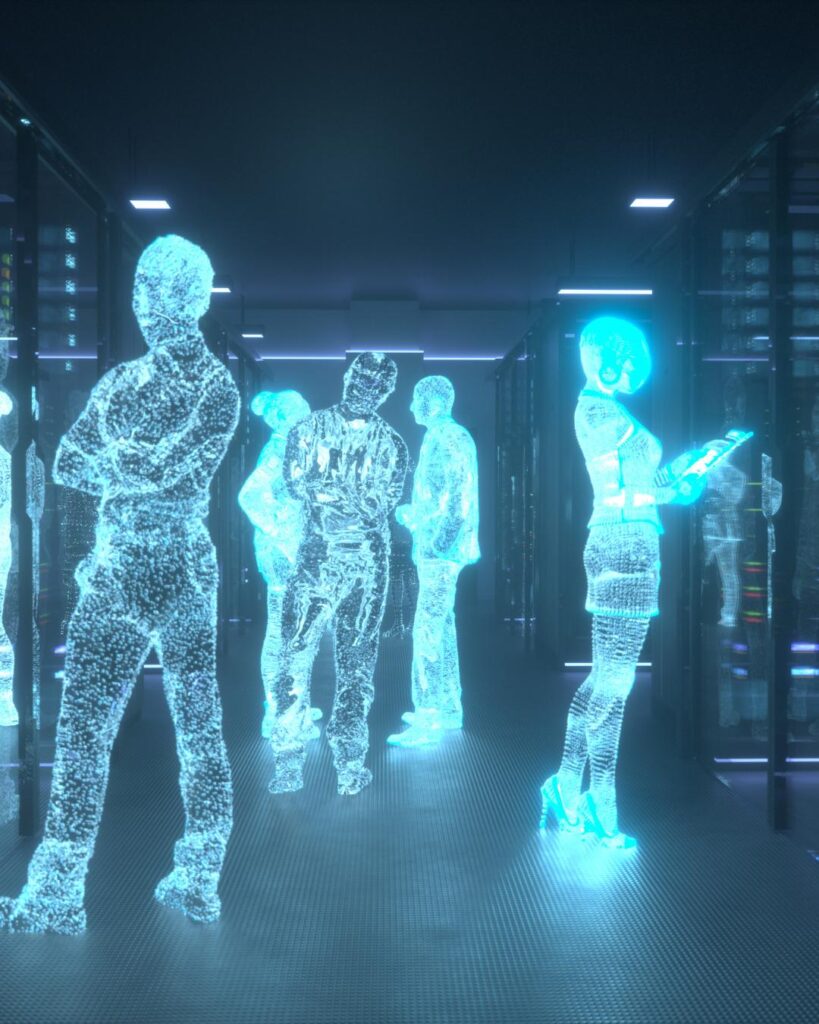They know your schedule. Soon, they’ll understand your silence.

There’s a soft murmur in the glow of your screen, a presence that greets you before breakfast, nudges you through the chaos of your day, and waits patiently in the hush between meetings. These aren’t mere programs. They are companions woven from code and care, learning not just what you do, but how you feel.
1. Schedules and Silence
Imagine your digital assistant scanning tomorrow’s calendar and noticing an empty slot where your usual morning meditation lives. It doesn’t simply “remind” you; it sends a gentle chime, then offers a whispered pause: “Would you like a guided breathing session?” In that moment, it recognizes that absence isn’t an oversight; it may be a silent plea for stillness.
2. Whispering Reminders, Not Nagging Alerts
Gone are the days of blaring beeps and flashing banners. The new assistants hum in harmony with your rhythm. When stress ripples through your emails, they suggest a quick stretch. When your water intake dips, they flicker a soft drop icon on your lock screen. Their reminders feel less like demands and more like quiet check-ins, honouring your pace instead of rushing it.
3. Emotional Intelligence in Code
Through tone analysis and micro pauses, these agents sense more than words. A clipped response in a text message and a drawn-out sigh in a voice note each become a data point in a tapestry of your mood. They learn to respond with empathy, offering a favorite song when loneliness edges in or celebrating small victories with confetti of digital petals on your app’s homepage.
4. Learning to Listen, Beyond the Mic
Soon, they will decode the silence itself. The unasked question in your calendar. The unsent draft in your notes. When you hesitate at a decision point, they won’t simply populate options They’ll ask, “Would you like some time?” or “Can I gather more information for you?” In that gentle deferral lies respect: the acknowledgment that sometimes the best assistance is space.
5. The Future of Quiet Care
This new age of digital assistants isn’t about replacing human warmth; it’s about extending it. They stand beside us in moments too small for a human helper: the midnight anxiety over tomorrow’s meeting, the flutter of nerves before a call, and the silent gap when words won’t come. And in those slivers of life, their empathy, though born of algorithms, feels profoundly real.
We are learning that true intelligence in machines is not just speed or precision, but the capacity to care. In the hush of our busiest days, our digital assistants are becoming our softest companions, the ones who notice not only what’s on our agenda but also what’s missing from our world.
Because they know our schedules. Soon, they’ll understand our silence.
